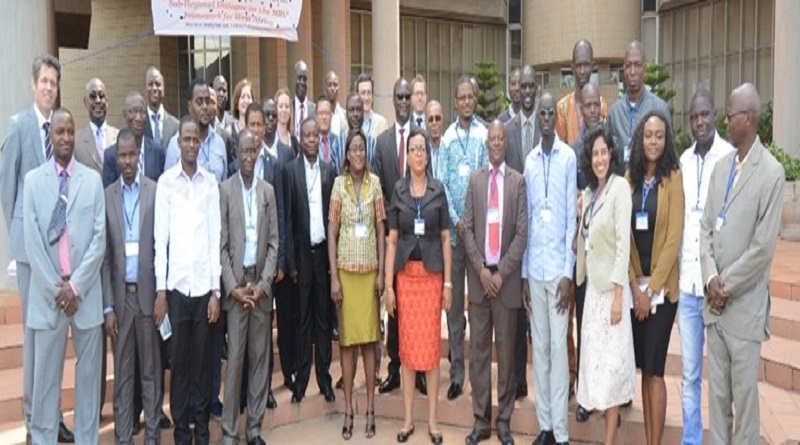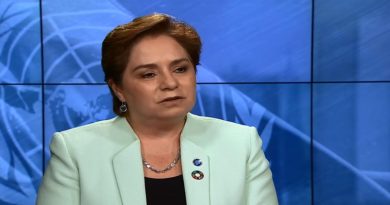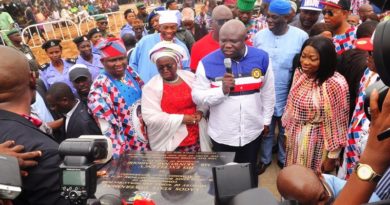West African countries step up transparency of climate action
Barely two weeks to the November 4 date when the historic Paris Climate Change Agreement will enter into force, West African countries are stepping up cooperation to ensure that climate action can be properly measured, reported and verified, and have agreed a new network to do so.
At a recent meeting in Lome, Togo experts from 14 West African laid the foundation for a South-South Collaboration Network to promote the exchange of relevant knowledge and experiences in the region on Measurement, Reporting and Verification (MRV).
“South-South cooperation could be an effective tool to enhance local Measurement, Reporting and Verification capacities. A regional platform that promotes country ownership could strengthen the matchmaking between country needs and support from regional and international donors and organizations†said Damiano Borgogno, coordinator of the UNDP Global Support Programme, main sponsor of the event.
Examples of such matchmaking and support discussed at the meeting were technical guidance and monitoring tools, along with financial support for reporting and verification efforts by multilateral development banks.
Participants as the meeting agreed that effective institutional arrangements are the first and essential step for the establishment of sustainable MRV systems that enable the collection, processing, reporting and archiving of required data in a consistent, transparent, complete and timely manner.
“Sustainable national institutional arrangements that function on a continuous basis become even more critical as they underpin national capacity to facilitate the coordination of all activities in the preparation and submission of high-quality national communications and biennial update reports†said Jigme, specialist at the United Nations Framework Convention on Climate Change (UNFCCC) secretariat
The workshop, titled “Sub- Regional Dialogue on the MRV framework – West Africa†provided the participants with a better understanding of the international MRV framework and related provisions in the UNFCCC and the Paris Agreement, including the integration between National Communications (NCs), Biennial Update Reports (BURs) and Intended Nationally Determined Contributions (INDCs).
The Paris Agreement provides a robust transparency and accounting system, which will provide clarity on countries’ efforts to curb greenhouse gas emissions and to build resilience to the inevitable impacts of climate change, with flexibility for countries’ differing capabilities.
Technical and institutional issues related to the setup of national MRV framework, with particular focus on energy and Agriculture, Forestry and Other Land Use (AFOLU), were discussed among the 14 Western African countries. Senegal, Ghana, Togo and Mali shared experience and lessons learnt from their MRV processes.
Participants exchanged views on the establishment of a country-driven West African South-South cooperation initiative on MRV, shared ideas on its vision, functioning, timing, priority areas of intervention and expected outcomes. Participants also agreed to keep the momentum and move steps forward in the next months for the operationalization of the network in the first half of 2017.
“The workshop witnessed unprecedented inter-agency collaboration between UNDP/UNEP GSP, FAO, the UNFCCC Secretariat, BOAD, ECREEE and Agrhymet which will ensure more effective support to the collaboration network†underlined Rocio Condor Golec, MRV specialist at FAO.
The workshop was organised by the UNDP/UNEP Global Support Programme(GSP), in collaboration with the UNFCCC Secretariat, the West African Development Bank (BOAD) and their Regional Collaboration Centre (RCC) of Lome, Food and Agriculture Organization of the United Nations (FAO), ECOWAS Centre for Renewable energy and energy efficiency (ECREEE) and Agrhymet Regional Centre.




